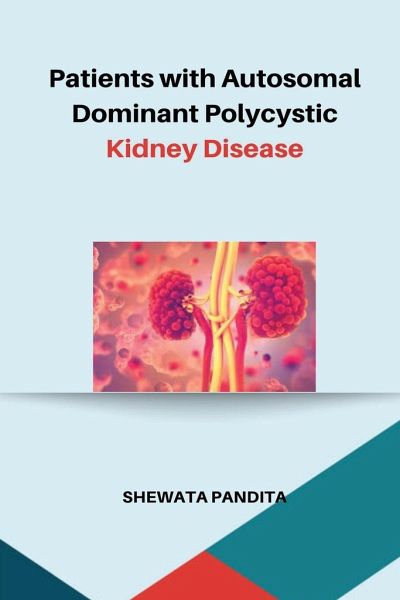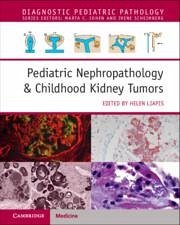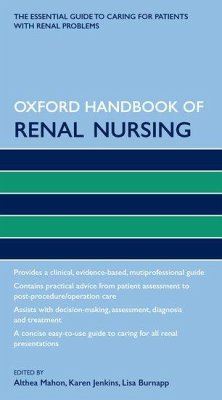Nicht lieferbar

Patients with Autosomal Dominant Polycystic Kidney Disease
Versandkostenfrei!
Nicht lieferbar
Autosomal Dominant Polycystic Kidney Disease (ADPKD) accounts for 2.6% of the patients with Chronic Kidney Disease in India. The disease is caused by pathogenic sequence variants in either PKD1 or PKD2 gene. The primary aim of the present study was to evaluate PKD1 and PKD2 genes to identify the disease causing variants in patients of ADPKD. A significant phenotypic variability is observed in patients of ADPKD with respect to progression of the disease. Genetic modifying factors are reported to be associated with this variability and thus, identification of these factors could inform about tar...
Autosomal Dominant Polycystic Kidney Disease (ADPKD) accounts for 2.6% of the patients with Chronic Kidney Disease in India. The disease is caused by pathogenic sequence variants in either PKD1 or PKD2 gene. The primary aim of the present study was to evaluate PKD1 and PKD2 genes to identify the disease causing variants in patients of ADPKD. A significant phenotypic variability is observed in patients of ADPKD with respect to progression of the disease. Genetic modifying factors are reported to be associated with this variability and thus, identification of these factors could inform about targets for intervention. Given this, an attempt was made to investigate the role of Glu298Asp (c.894G>T) polymorphism of NOS3 gene and two promoter polymorphisms (-2578C>A and -1154G>A) of VEGF gene in progression of disease in ADPKD patients. PKD1 and PKD2 variants were analyzed by direct gene sequencing and/or multiplex ligation-dependent probe amplification (MLPA) in 125 unrelated patients of ADPKD. The pathogenic potential of the variants was evaluated computationally using multiple in silico web based prediction tools and by segregation analysis. NOS3 and VEGF gene polymorphisms were genotyped in 123 patients of ADPKD and 100 healthy controls. Genotyping was carried out using the amplification refractory mutationspecific polymerase chain reaction (ARMS-PCR) for NOS3 and restriction fragment length polymorphism (RFLP) for VEGF gene polymorphisms. Comparison of allele, genotype and haplotype frequencies between groups was done by using Chi-Square (¿2) test or Fisher's exact test.










